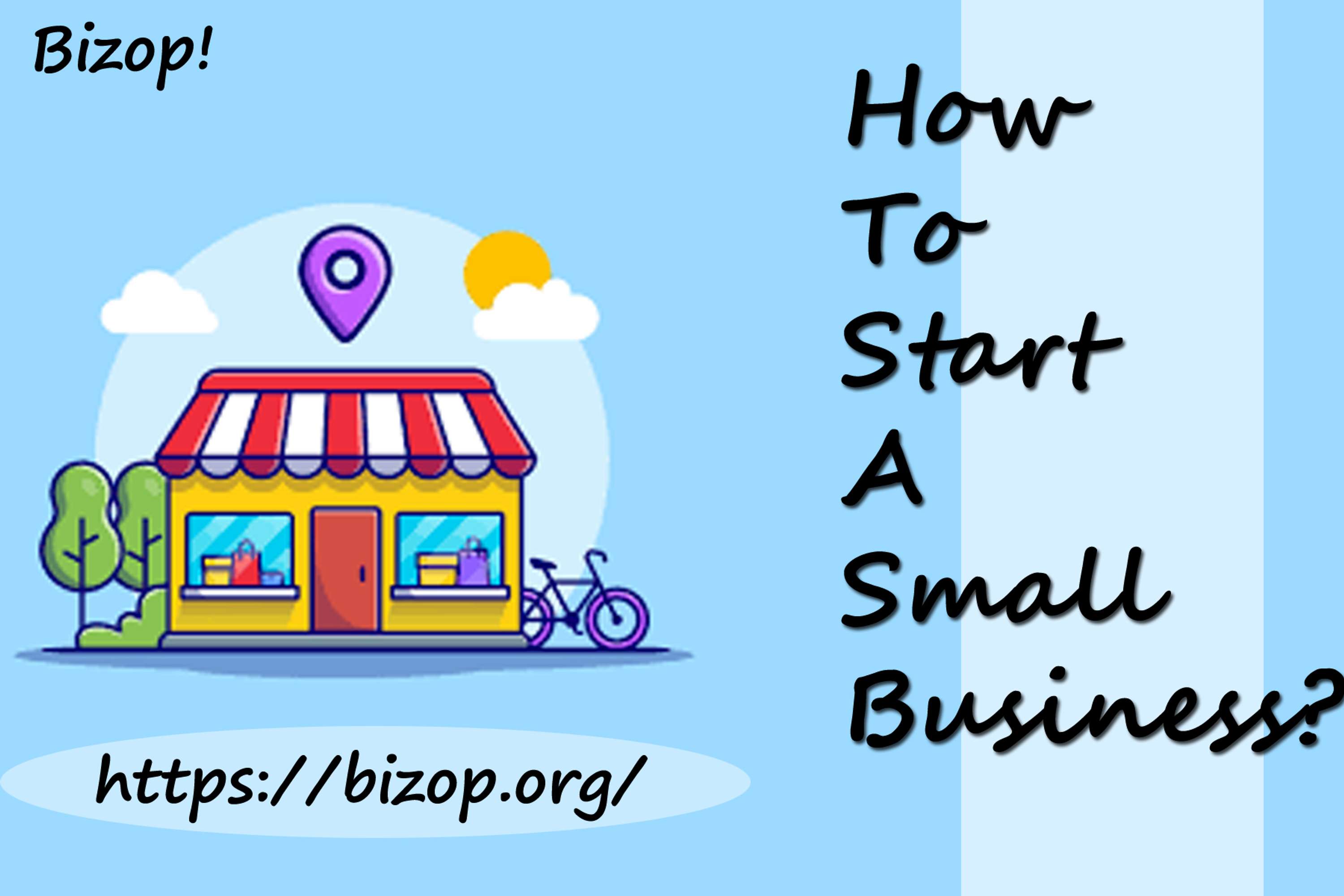Starting a business is hard, and sustaining it can be even harder. A variety of factors contribute to business success or failure, including making poor financial decisions. Entrepreneurs may be tempted to pour profits directly back into their businesses, but they need to save money for themselves too. This will keep them from committing these top financial mistakes. Bizop is one of the best websites that you should use to acquire more specifics about small business.
1. Not Having Enough Capital
When starting a business, it is important to have enough capital to get things off the ground. Most businesses are not profitable for months after they open, so it is essential to have enough money to cover operating expenses until your business starts bringing in revenue.
However, it is also important not to spend money that you haven’t earned yet. This can lead to cash flow problems and excessive debt, which can be detrimental to your business’s long-term success. Having a good budget and sticking to it will help you avoid this mistake. For example, you should try to buy used items or rent equipment rather than purchasing it outright.
While every business has unique costs, it's essential to create and maintain a budget for your small business. It helps you to keep tabs on your expenses and determine if your business is making money.
It's also helpful when seeking financing from a bank, lender or investor because it demonstrates that you're serious about your business and that you've created a clear plan for growth. It also allows you to track fixed cost expenses (like rent and utilities) over time. Folks who are imagining to start a new business should visit our site. Many new business owners commingle personal and business funds, which is a big mistake that can be costly. Make sure you separate your accounts and review your financial reports regularly.
3. Not Managing Your Cash Flow
When you run a business, it’s important to have a plan for the long term, and that includes cash reserves. You should keep your budget and financial reports up-to-date so that you’re aware of when payments are coming in, how much you are spending each month, and when invoices are due to be paid.
Keeping your cash flow in check will ensure that you have enough money to pay employees and vendors, buy equipment, meet loan repayments, and cover other expenses. You should be tracking your incoming and outgoing cash flow at least monthly, but it’s best to do so on a weekly basis.
4. Taking on Too Much Debt
While debt can be necessary for a small business, it's important to only take on as much as you can afford. Otherwise, you might find yourself overwhelmed with debt repayments and unable to grow your business.
Keeping personal and business finances separate also is critical to avoid falling into debt, Sjahli said. Mixing funds can lead to tax liabilities and make it difficult to qualify for a loan, he adds. Rather than relying solely on loans, he suggests reducing personal expenses, seeking out angel investors, microlenders and crowdfunding to procure money for your startup.
These strategies can also help you obtain a lower interest rate. That way, your monthly payments won't eat into your business's profits.
5. Not Researching Financing Options
Whether you need a small business loan or another type of financing, it’s important to research your options. There are many different types of financing available for small businesses, from business credit cards to lines of credit to long-term loans with competitive rates.
It’s also helpful to have a good business credit score, as it can help you qualify for better funding and investments. If you don’t have a good score, it may be difficult to secure a loan through traditional lenders, as they often require more rigorous documentation. You can also consider invoice financing or factoring, which allows you to turn the unpaid invoices that your clients owe into cash.
6. Not Getting Prequalified for a Loan
Taking on debt can be one of the most dangerous financial mistakes that small businesses can make. It's important to understand the costs involved before you apply for financing.
Many new business owners are tempted to purchase the latest technology, luxury office space, or hire highly-rated employees when they're just starting out. However, these expenses can quickly add up and lead to a deficit in cash flow.
Moreover, lenders take your personal and business credit into consideration when assessing loan applications. High levels of debt may indicate a high risk to the lender and may result in your application being rejected. Make sure to limit your debt and keep your personal and business finances and accounts separate!


